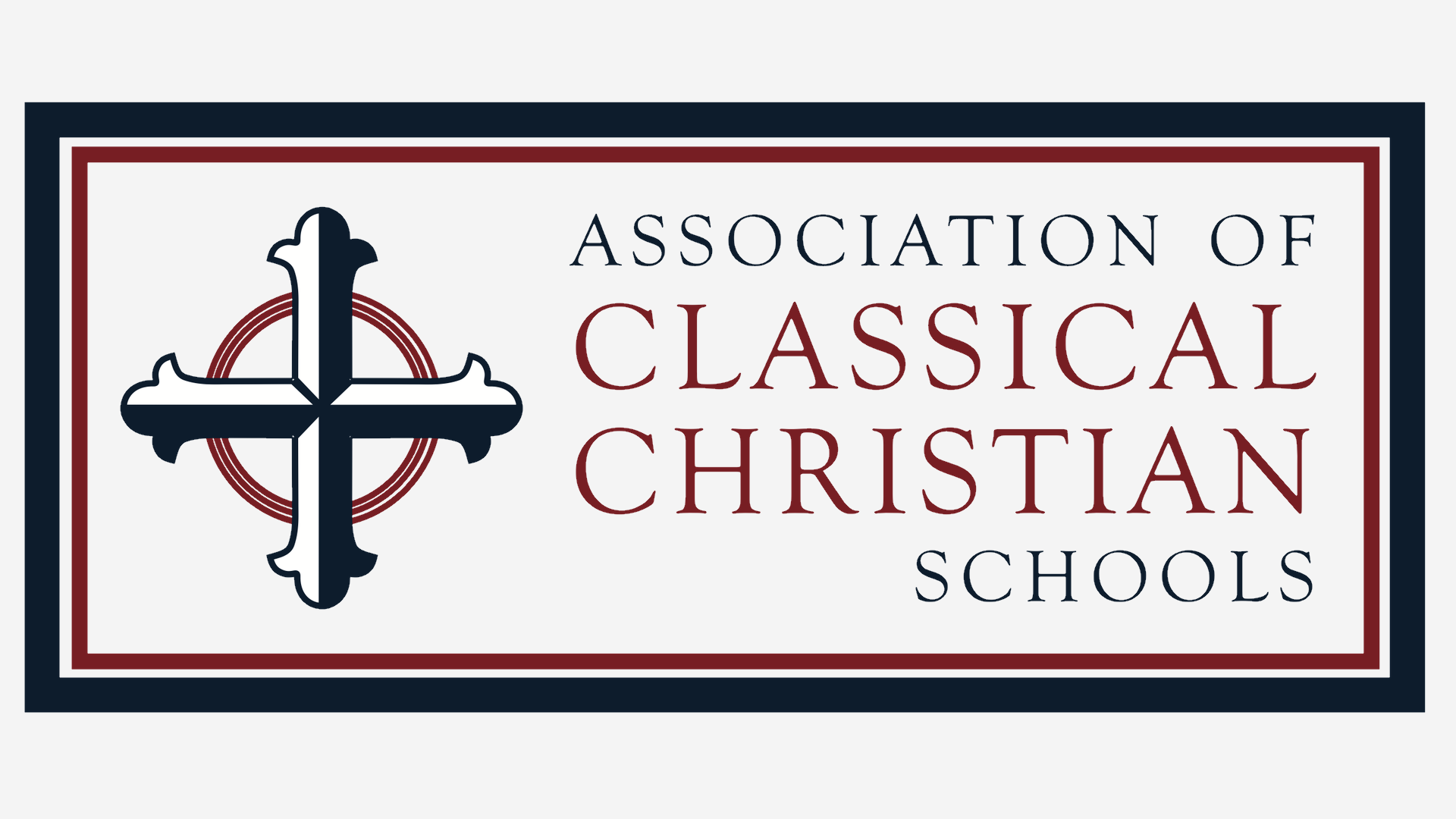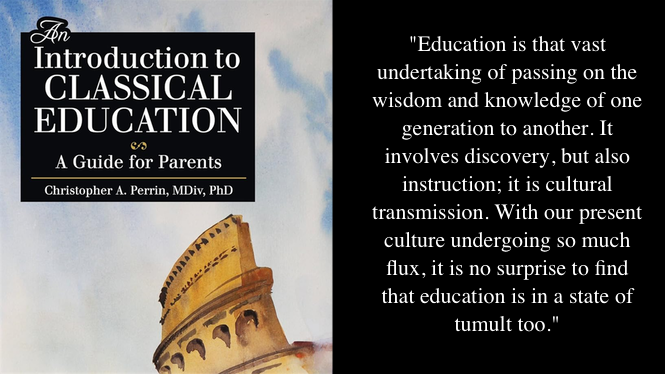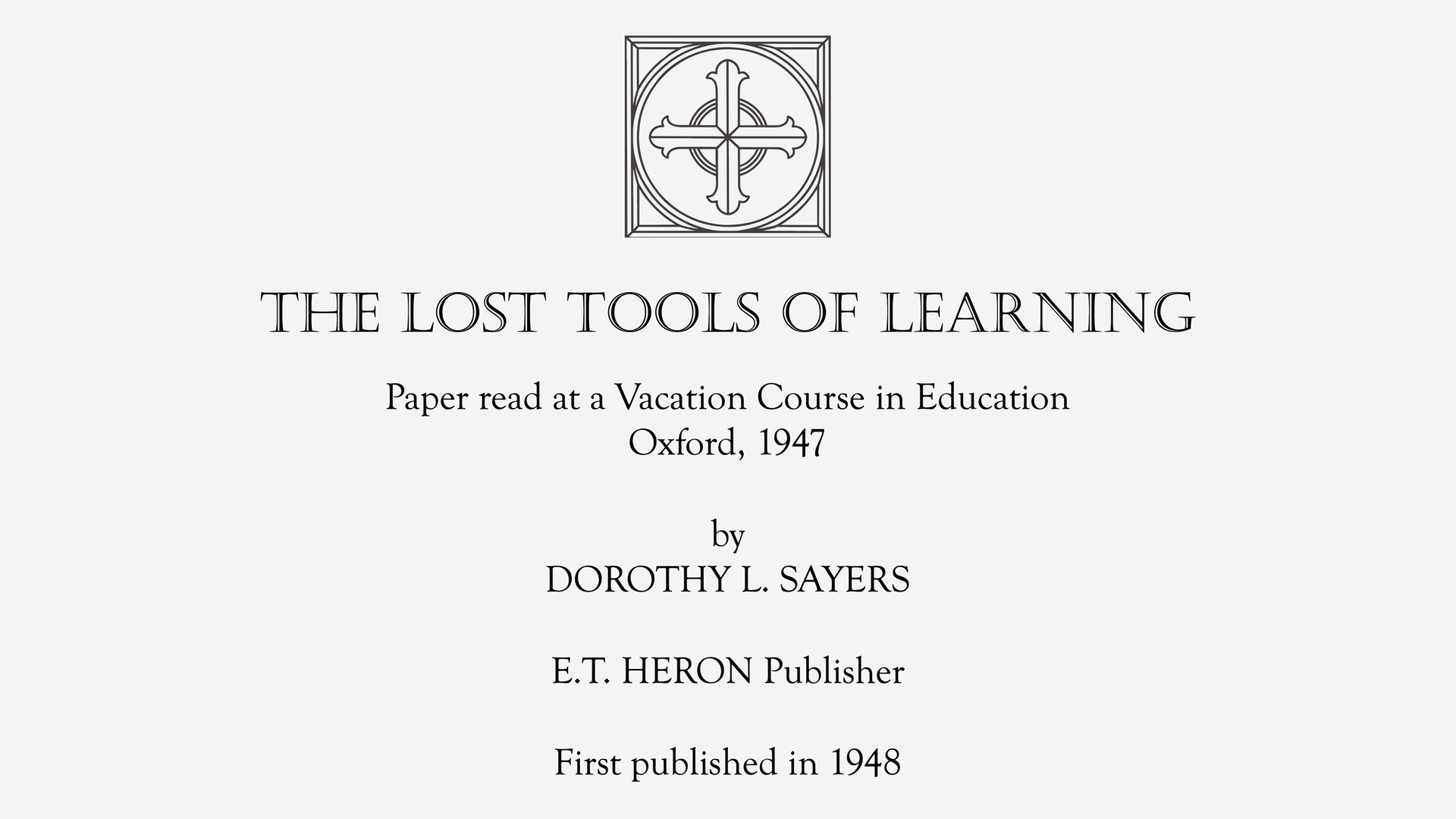Classical Christian Education
Why a classical model?
Why Classical?
CCS has always based its educational philosophy upon the preeminence of Christ and the power, authority, and wisdom of God’s Word. Over the years, we have experimented with slight variations in curriculum and pedagogy, but our foundation has remained steadfast. A few years ago, we made an important and exciting decision to formally transition to a fully classical model of education.
Why Classical? The visionary answer is simple. We believe the classical approach is the most effective, time-tested vehicle for delivering the kind of thoroughly Christian education CCS has faithfully endeavored to provide for almost four decades. The more practical answers to this question are what follows.
What is Classical Christian Education?
Classical Christian Education (CCE) used to be known simply as… education. For two millennia, the foundations of western civilization and culture were laid by CCE. This foundation extended to the shores of the American continent in the 1600’s and served as the essential mode of education in the U.S. until the early 20th century. The Association of Classical Christian Schools provides a clear, succinct description of CCE as follows:
Classical Christian Education (CCE) is education as it was practiced prior to the progressive movement early in the 20th century when the focus switched to job training. Instead, CCE sharpens students’ reasoning, language, and rhetorical skills with a Christian vision for all truth and knowledge. Classical education was created by the Greeks to train citizens to self-govern and live in freedom. Later, it was Christianized to become “Classical Christian.” In the medieval era, “scholastics” refined the form into what inspires classical Christian education today. Rather than emphasizing “subjects,” it emphasizes seven “liberal arts,” which liberate the mind to be less subject to controlling influences. The goal is to cultivate wisdom in light of Christ’s creation and kingdom (ACCS).
General CCE Resources
Dr. Christopher Perrin
on CCE’s history
In the video from ClassicalU, Dr. Christopher Perrin asks and answers questions about where classical education has come from and what it is today. Addtional resources are avialable at ClassicalU.com.
An Introduction to
Classical Education
This brief booklet from Classical Academic Press by Dr. Christopher Perrin is a helpful introduction to classical education, its history, and its modern renaissance. It also highlights key CCE distinctives and examples of student achievement.
Forging a
new path
The video above is part of a series called Geronimo, Amen! produced by ACCS. Forging a New Path provides a helpful presentation about the history, purpose, and value of CCE from the perspectives of parents, educators and students.
The Lost Tools
of Learning
In 1947, Dorothy Sayers first delivered this speech at Oxford University. She persuasively articulates a need to rediscover the 3 “lost tools” in classical education: grammar, logic and rhetoric. About 40 years ago, this work sparked a renewal of CCE here in the U.S.

What is Classical
Christian Education?
The “What is Classical Christian Education?” page on the ACCS website is a well-organized and robust repository of information and links that thoroughly address this important question.




